Peru: New Tax Legislation for Digital Services and Online Goods

On August 2, 2024, the President of Peru signed Legislative Decree No. 1623, revising the General Sales Tax and Selective Consumption Tax to establish a mechanism for collecting the VAT for those operations carried out by foreign suppliers or intermediaries of goods and services.
New VAT liability rules include the regulations on the place of taxation in Peru, under the principle of destination, following, among other criteria, the recommendations established by the Organization for Cooperation and Development (OECD).
Impact of New Legislative Decree
According to the legislative decree, an 18% VAT is applied to the following transactions when the final user or buyer is an individual:
Digital services - defined as services made available to the user via the Internet, platforms, or Internet-based technologies that are primarily automated, with minimal human involvement, and not feasible without the Internet, and
The import of intangibles via the Internet - defined as the acquisition of intangible goods that the buyer can permanently download through the Internet, any adaptation or application of Internet-based protocols, platforms, or technology, or any other network used to acquire and permanently download intangible goods.
The services that fall under the scope of the definition of digital services include:
Access to or online transmission of images, series, movies, documentaries, short films, videos, music, and other digital content through streaming or similar technologies,
Information storage,
Access to social networks or providing additional content or features on those networks,
Online magazines or newspapers,
Remote conferencing services,
Intermediation in the supply and demand of goods or services.
The new legislation makes it mandatory for foreign service providers and online sellers to collect and remit VAT directly to the Peruvian Tax Authority when an individual utilizes digital services through online platforms or imports intangibles through the Internet.
To comply with these requirements and new rules, foreign service providers and online sellers must register with the Peruvian VAT Registry and obtain a Tax ID. However, this registration does not create a permanent establishment nor require them to establish a legal entity in Peru.
Foreign digital service providers and online sellers must collect and remit VAT starting October 1, 2024.
Conclusion
Foreign digital service providers and online sellers should familiarize themselves with the new rules and comply with them to avoid penalties or other sanctions. These reforms show Perus' effort to strengthen its tax system to ensure effective taxation in the digital economy and align its national policies with international practices, especially those recommended by the OECD.
Source: EY, Decree No. 1623

More News from Americas
Get real-time updates and developments from around the world, keeping you informed and prepared.

South Carolina Sales and Use Tax: Rates, Nexus, Exemptions

Arkansas Sales and Use Tax: Rules, Rates & Nexus Explained

Minnesota Sales and Use Tax Guide: Rates, Nexus & Exemptions

Peru VAT Rules for Non-Resident Digital Services: Filing & Compliance

Detroit to Accept Cryptocurrency Payments for Taxes in 2025

-e9lcpxl5nq.webp)








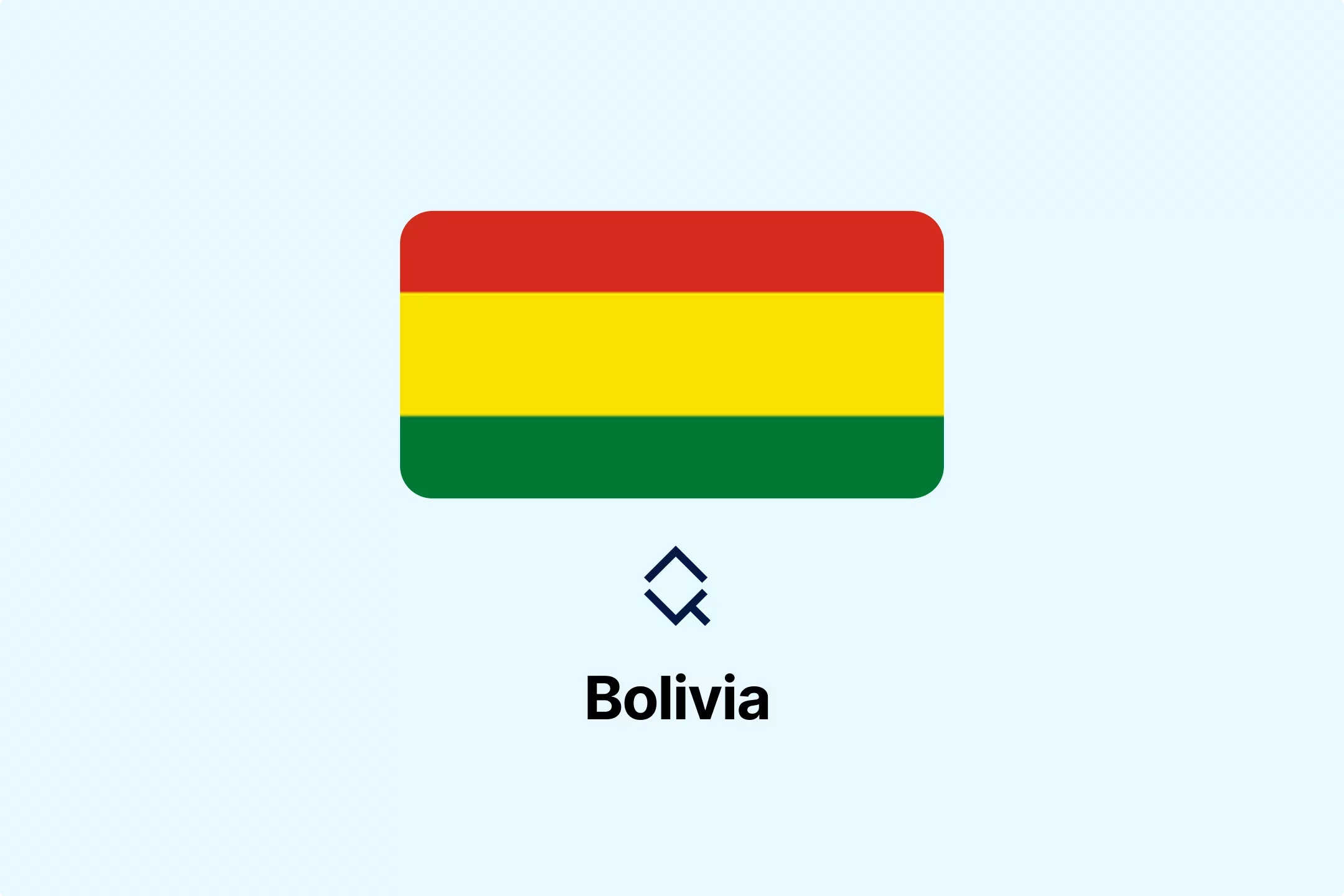

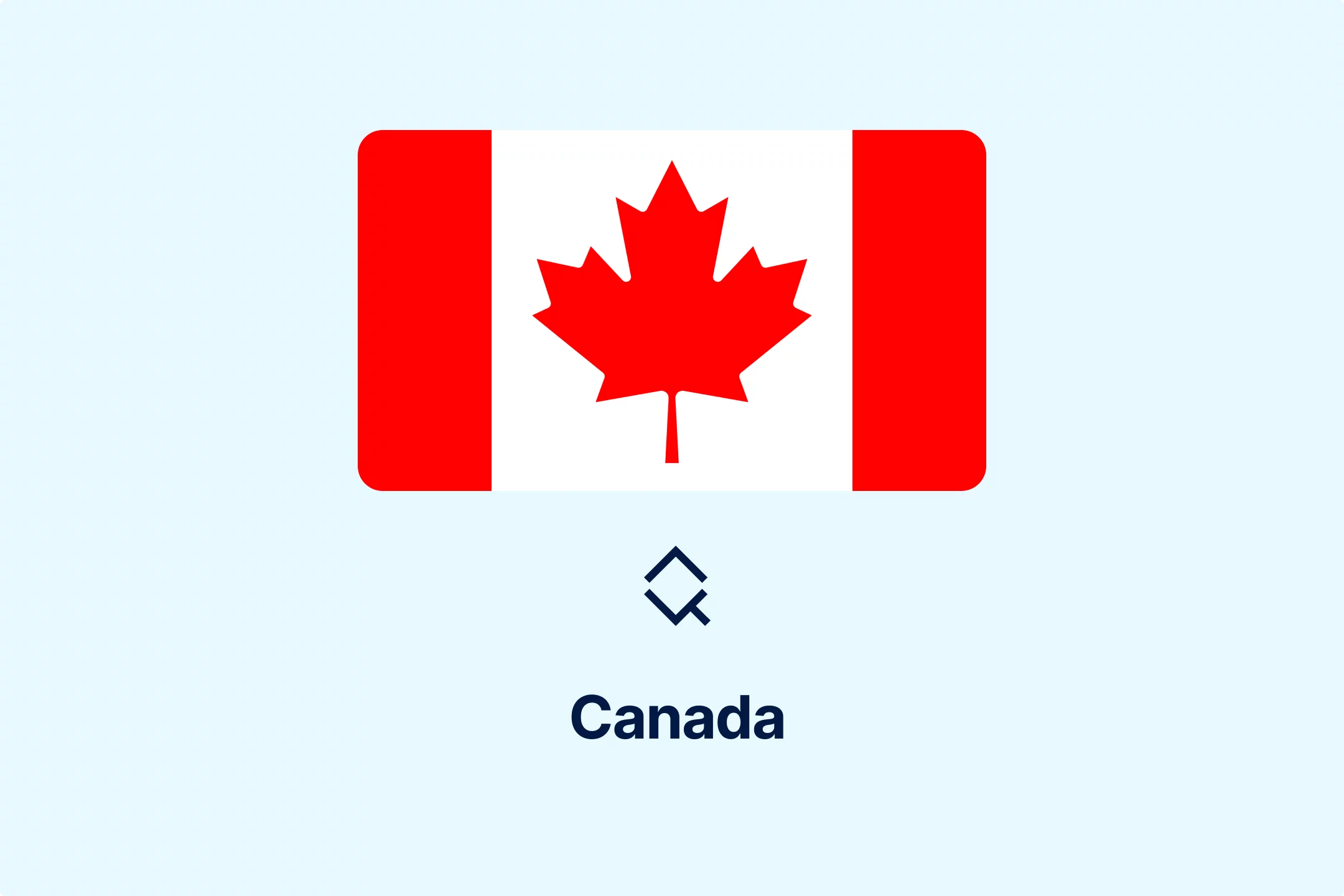





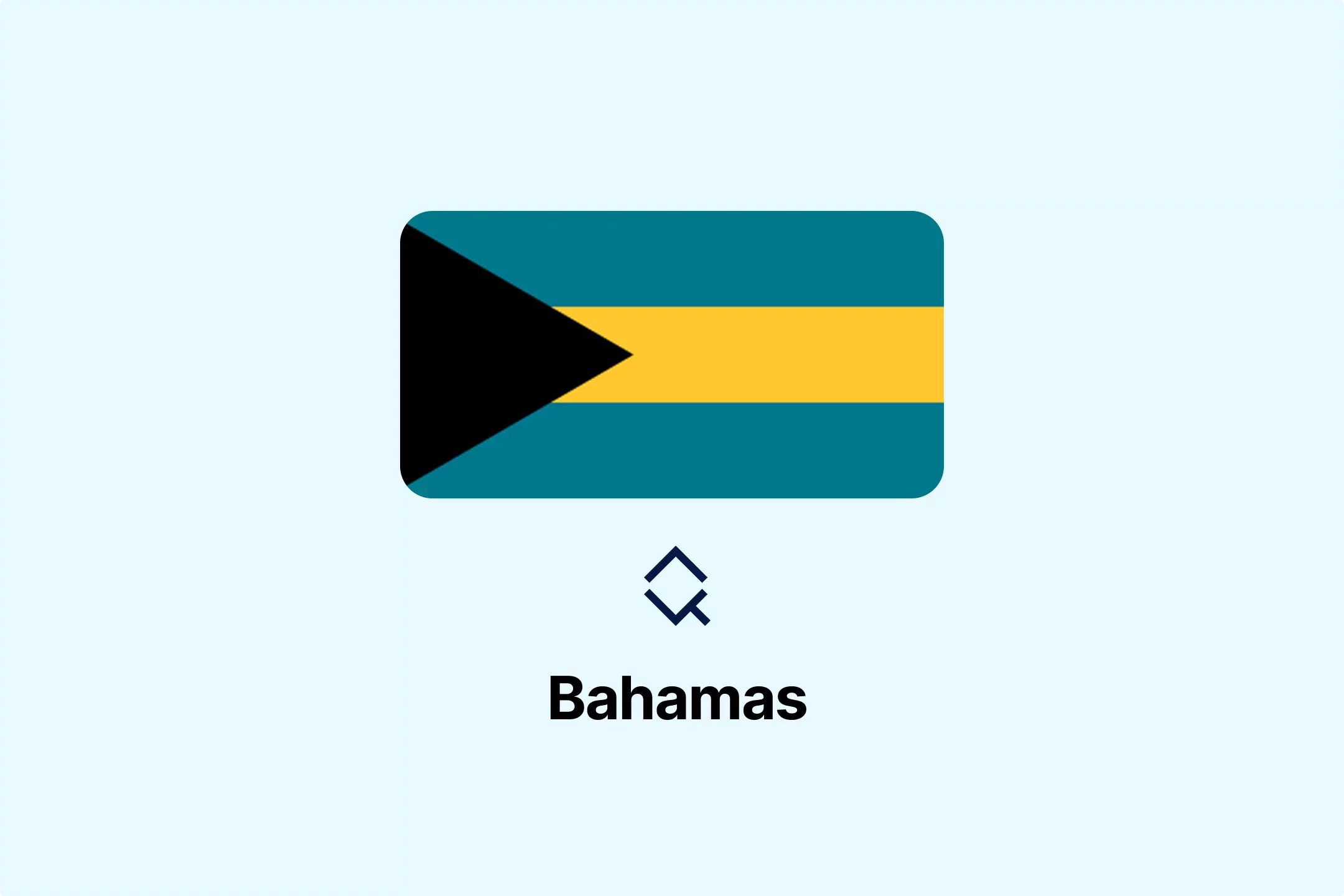



-qoqtiao7l2.webp)
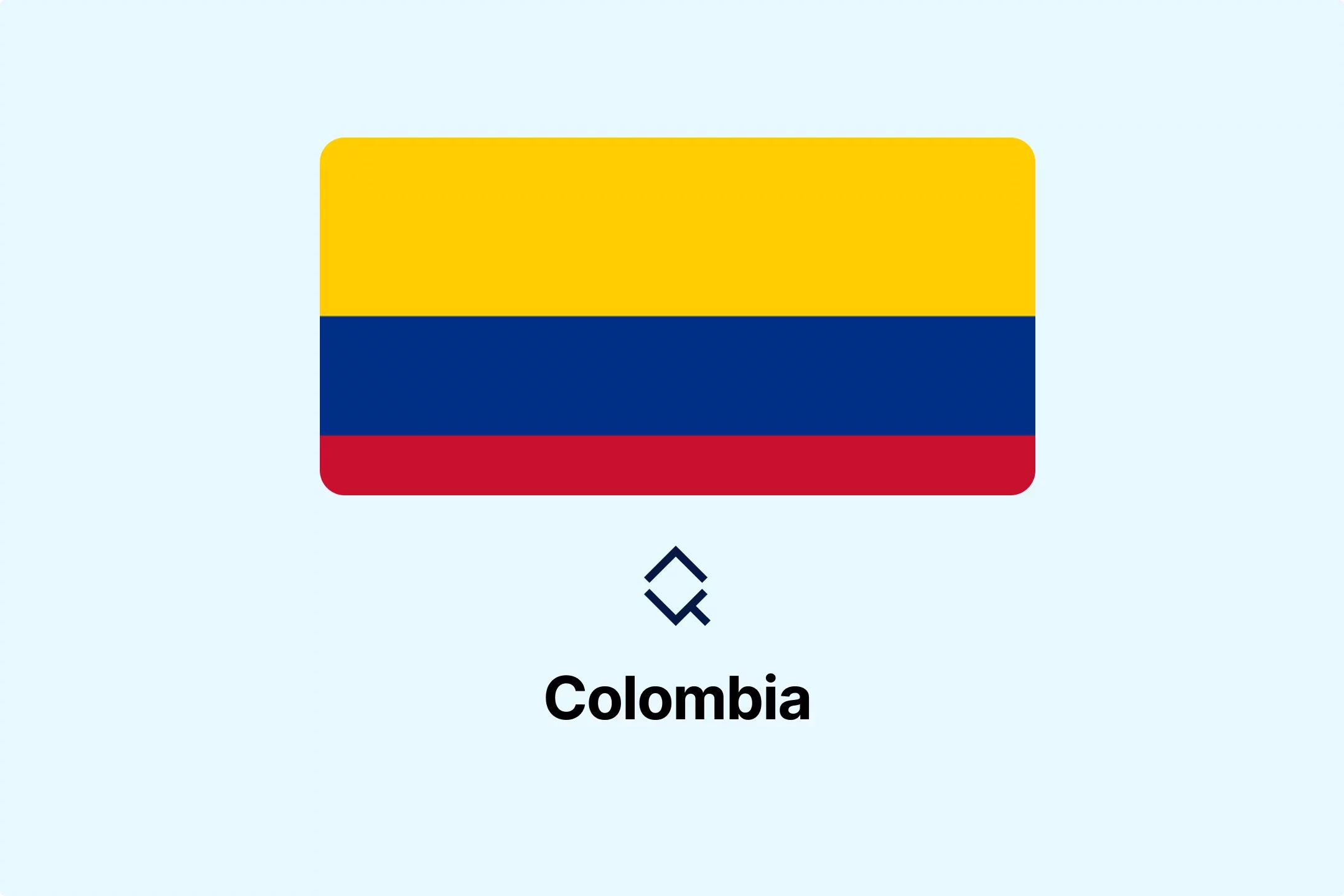
-pdupgqz2r8.webp)
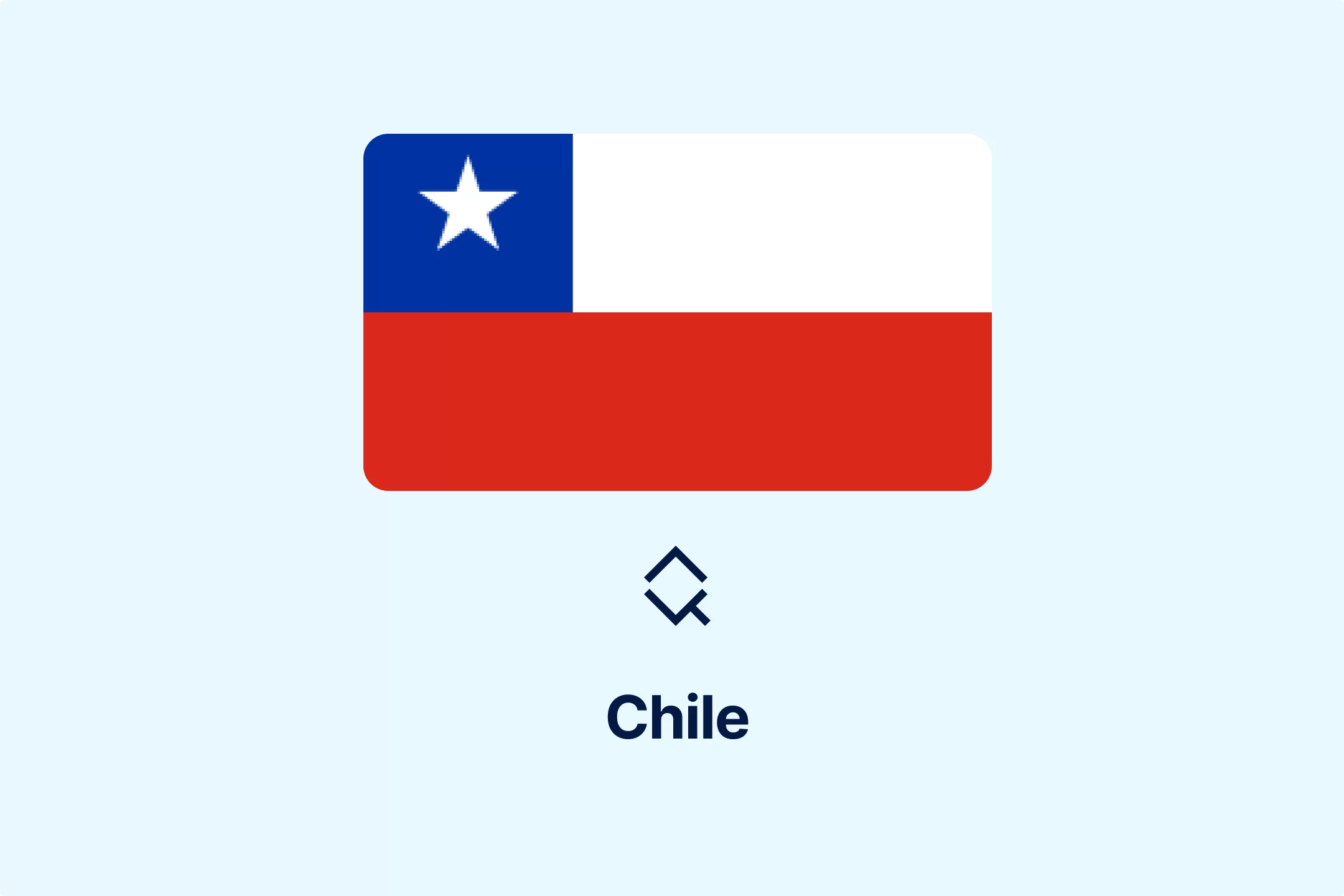
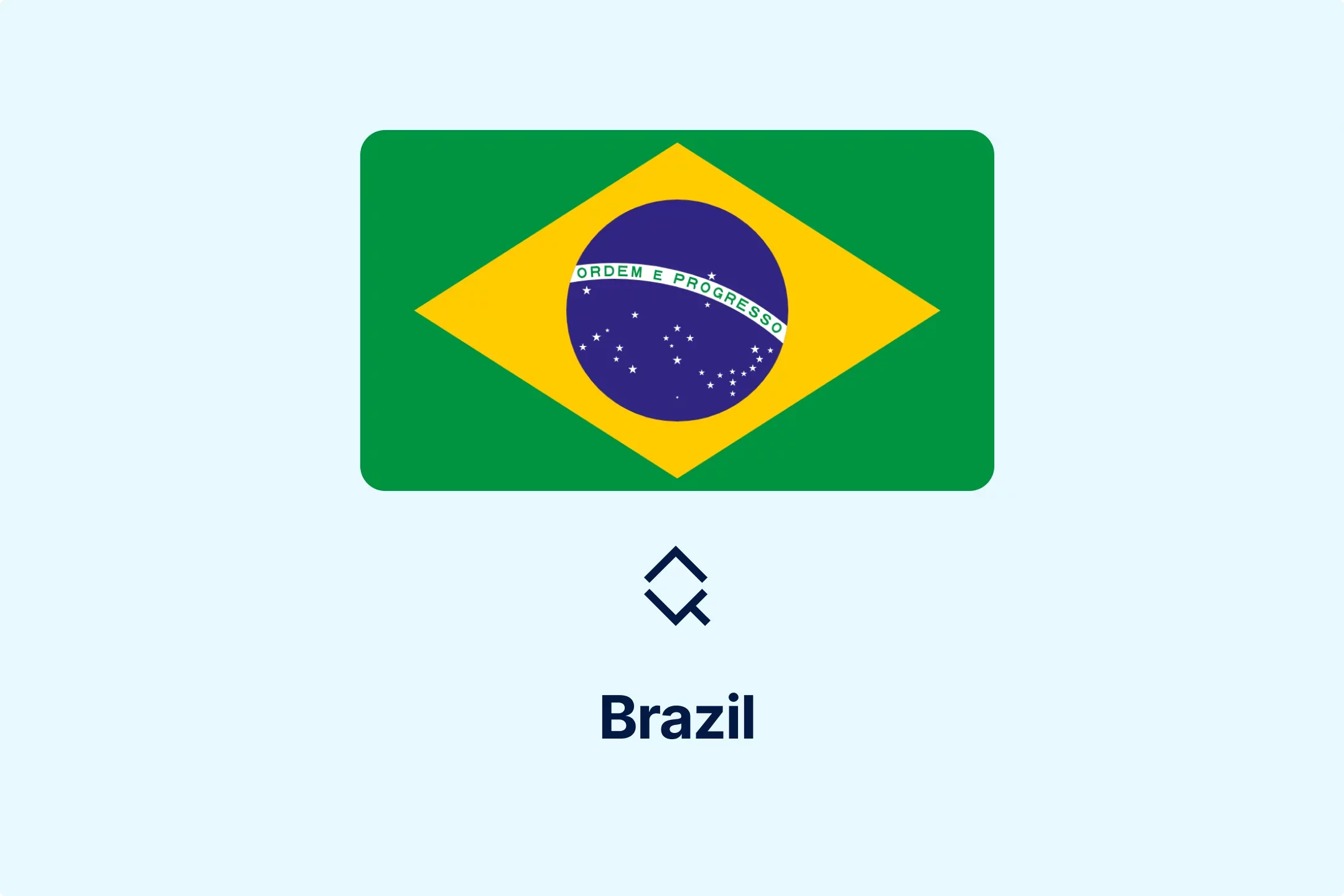




-o0xyg5unvs.webp)

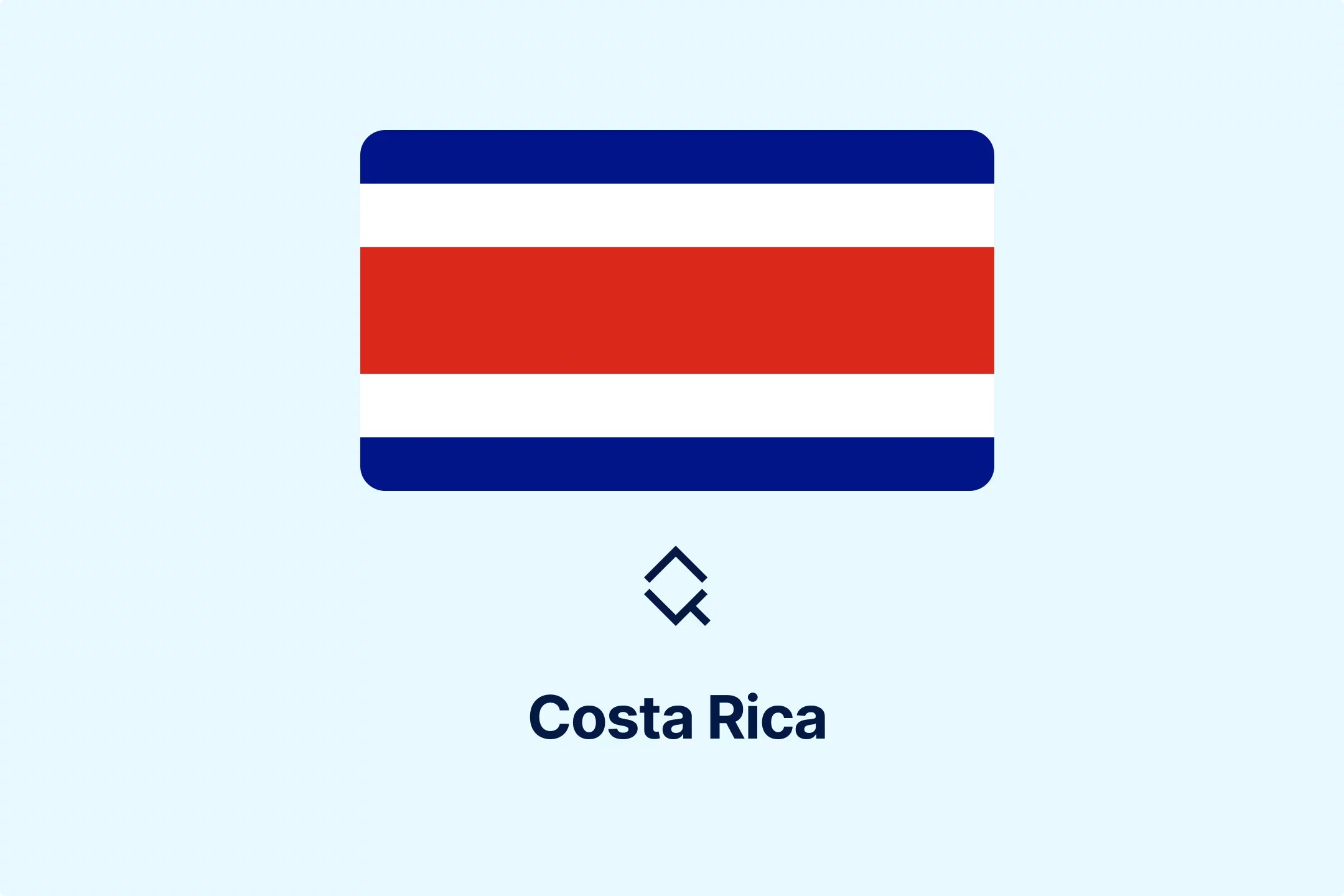
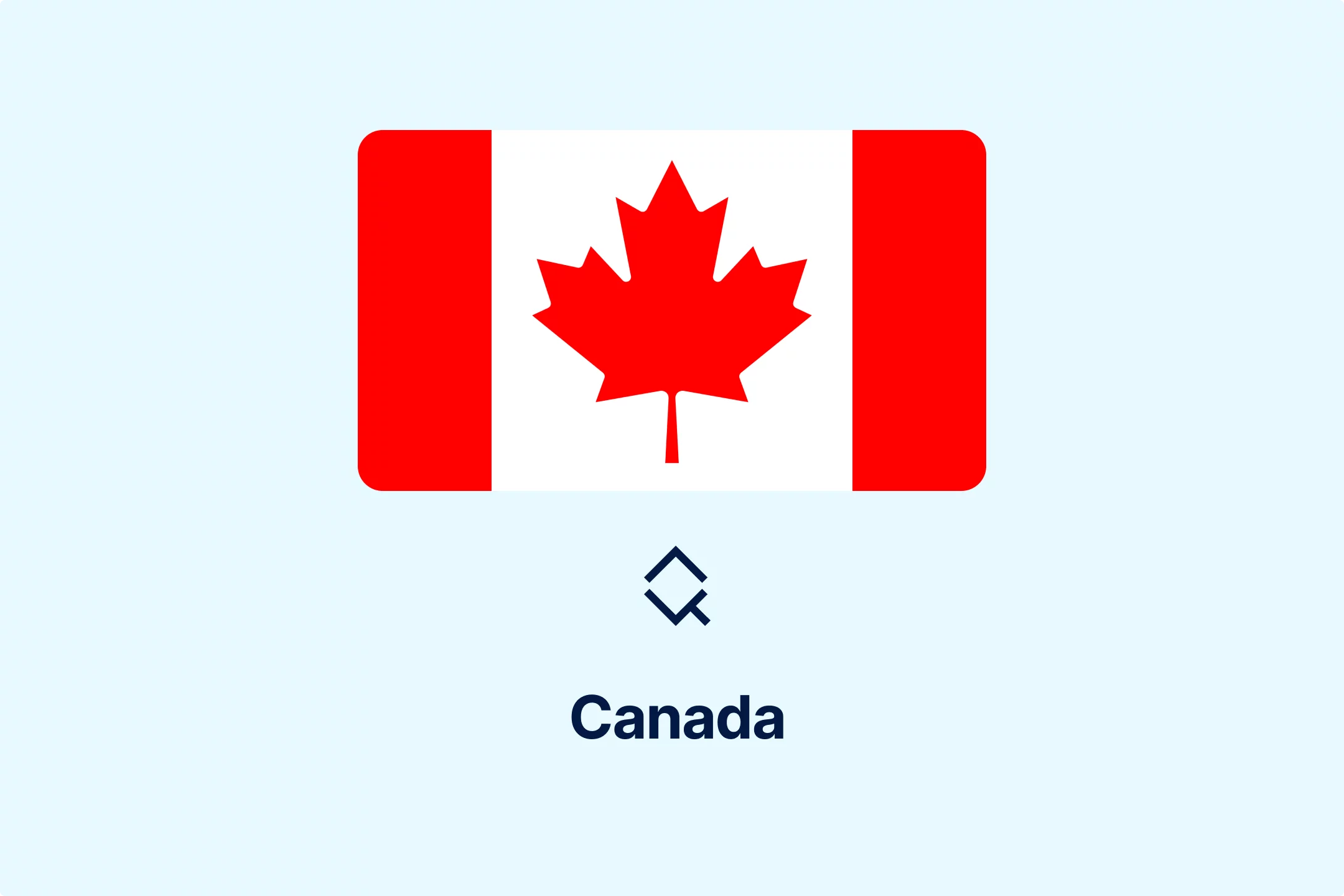
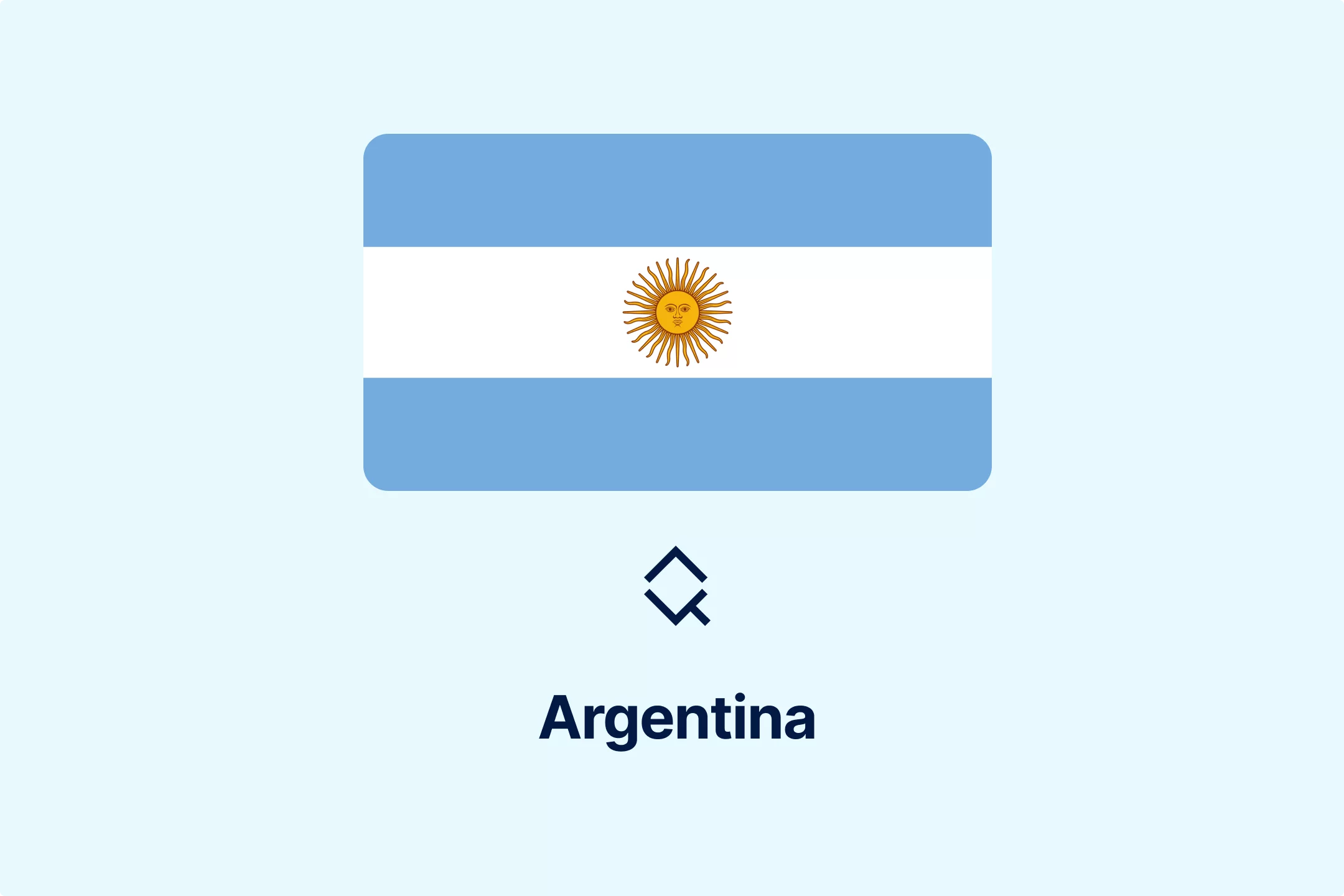



-sebuexzucq.webp)





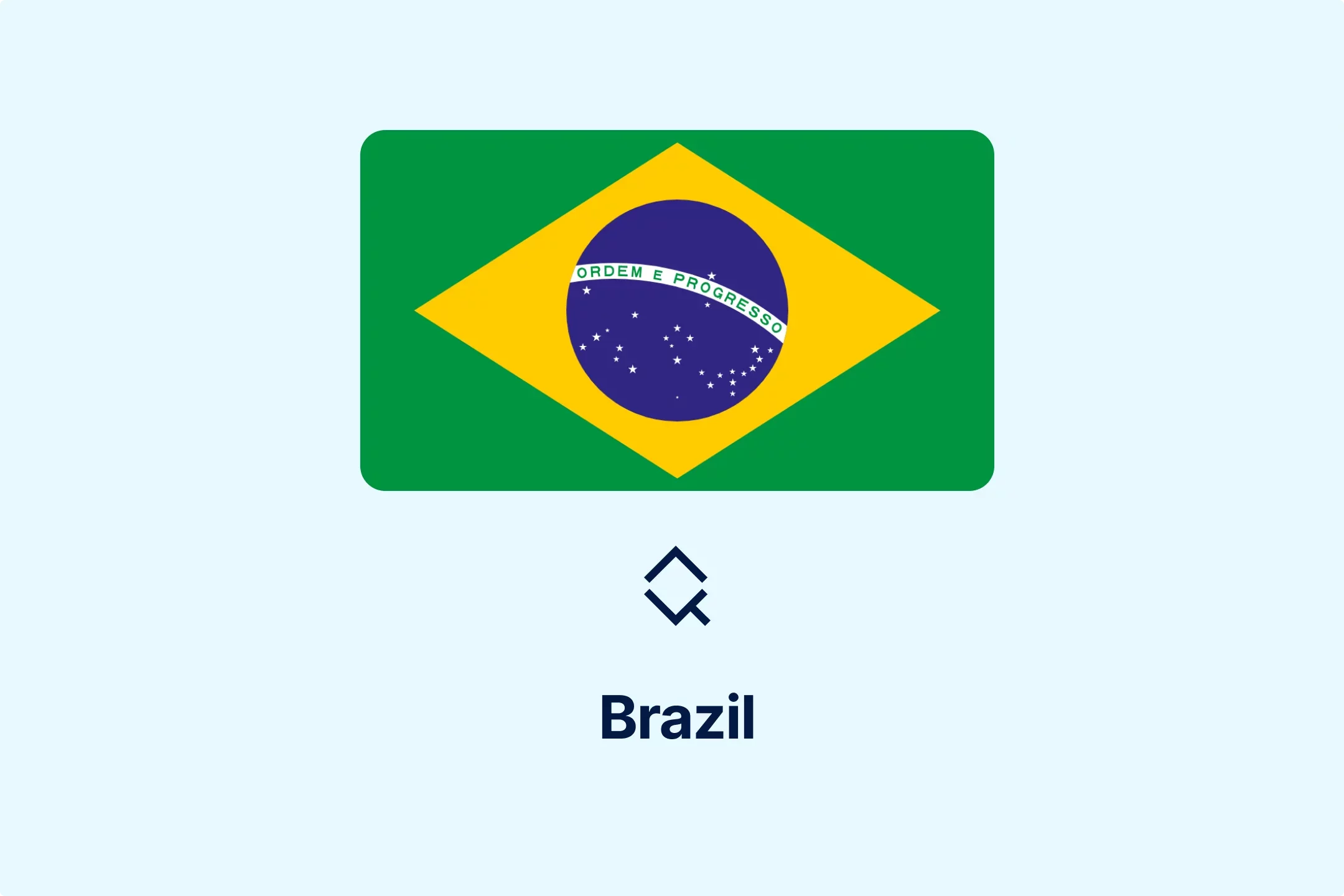

-sug7vykj81.webp)






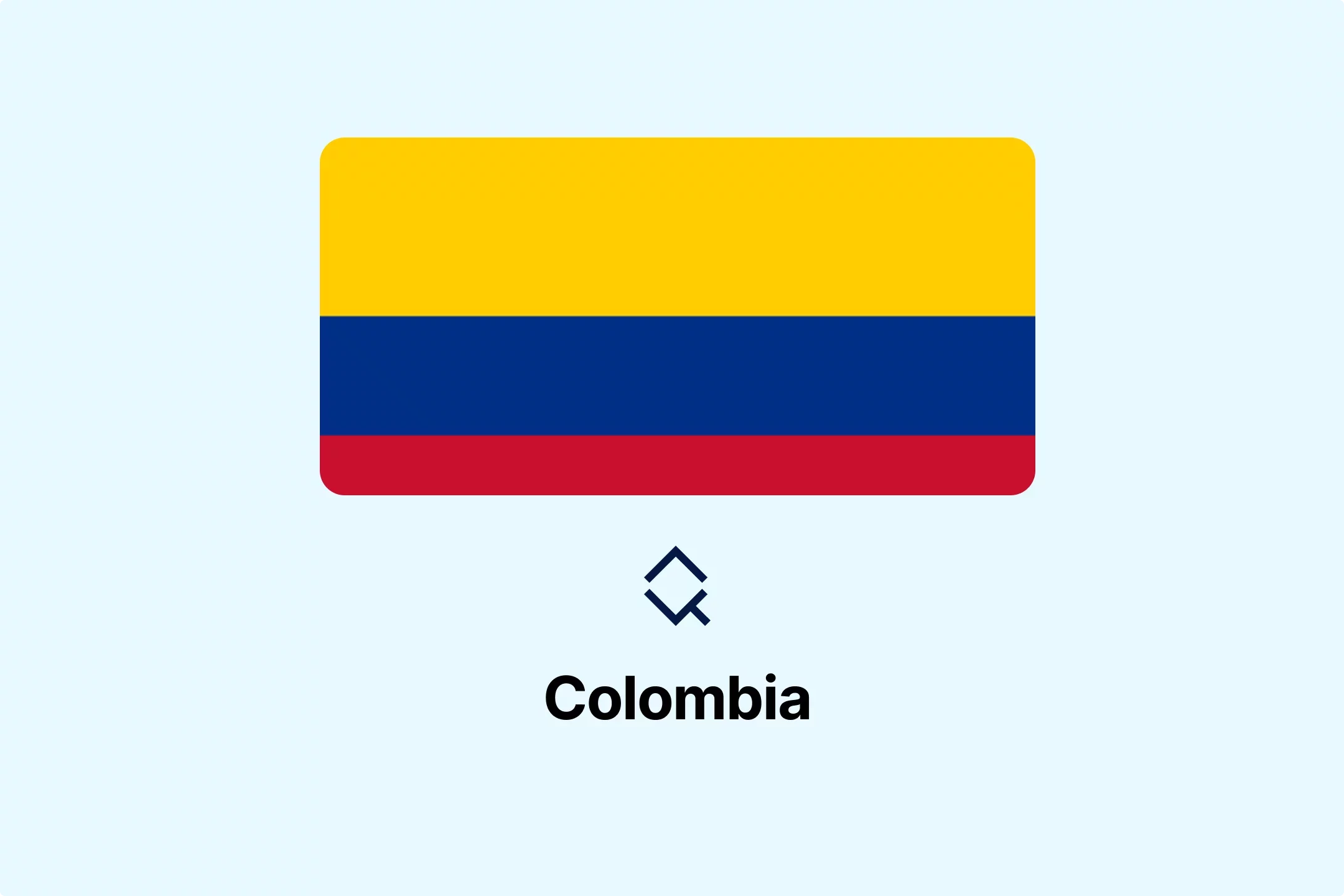
-gsvc6ack9u.webp)

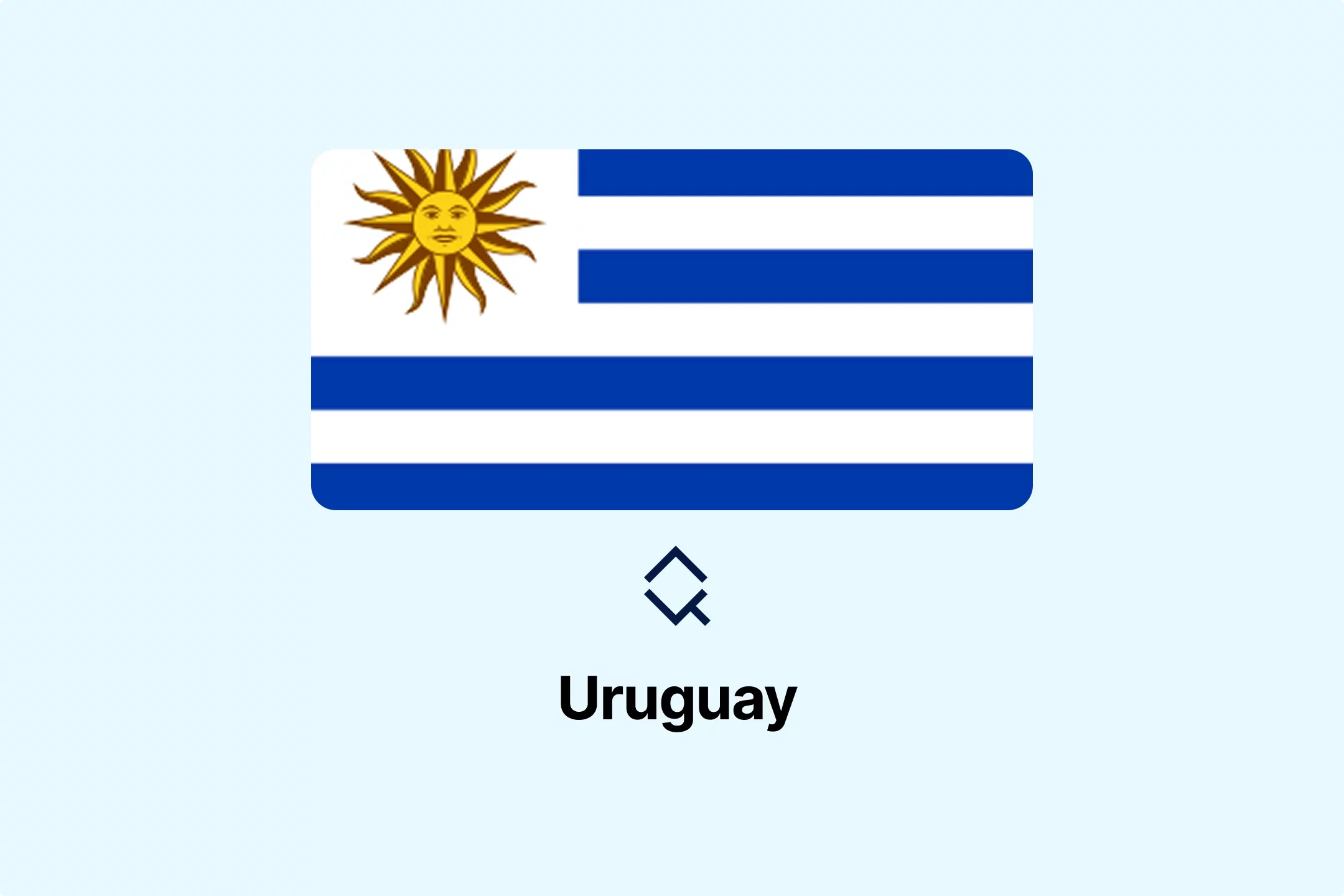


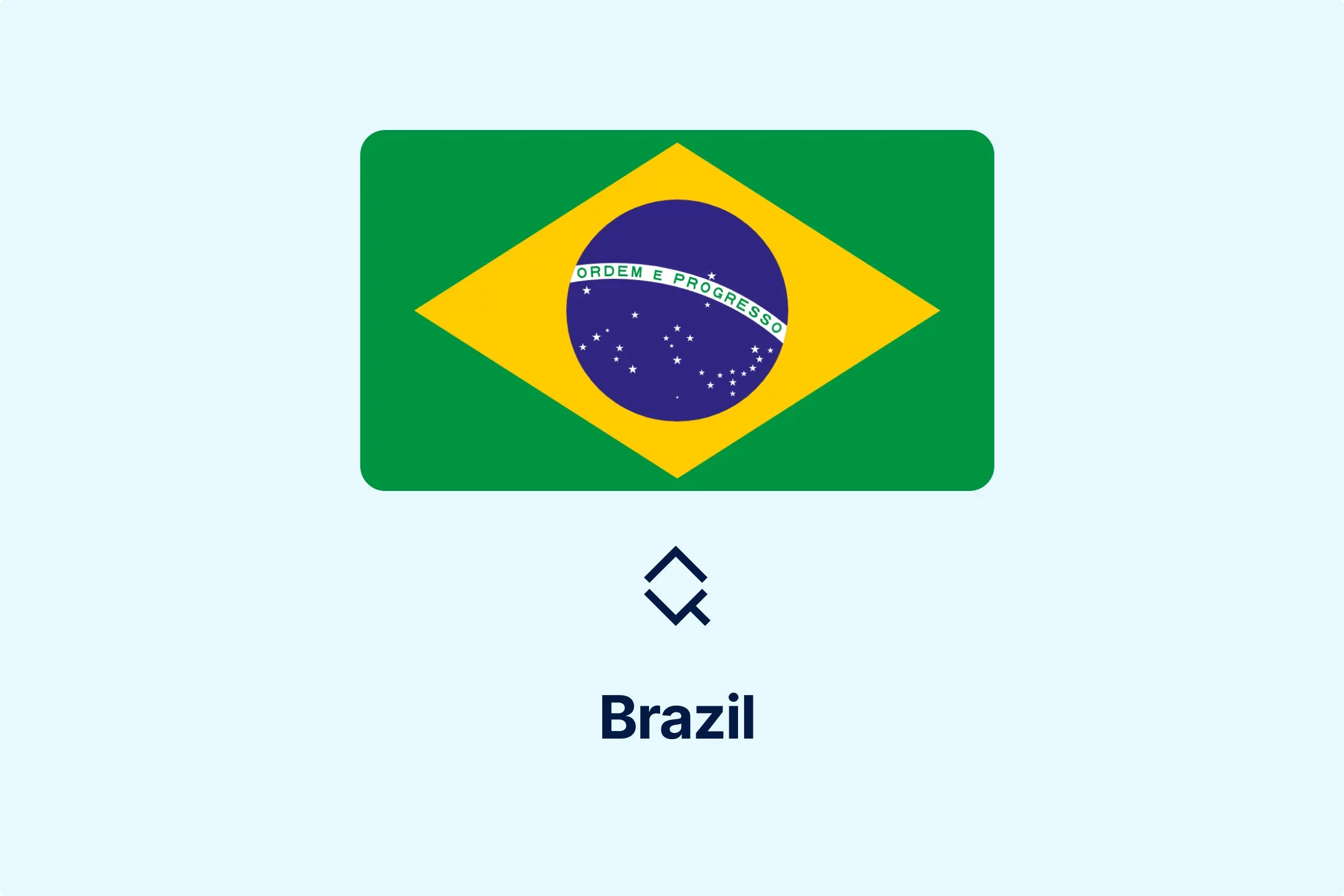


-xsarn0aogt.webp)

-hcel6azmgf.webp)



-p6e3ovhdh3.webp)


-fbovkq9h8b.webp)
-pofe7ucwz3.webp)


-d3qhimei1d.webp)




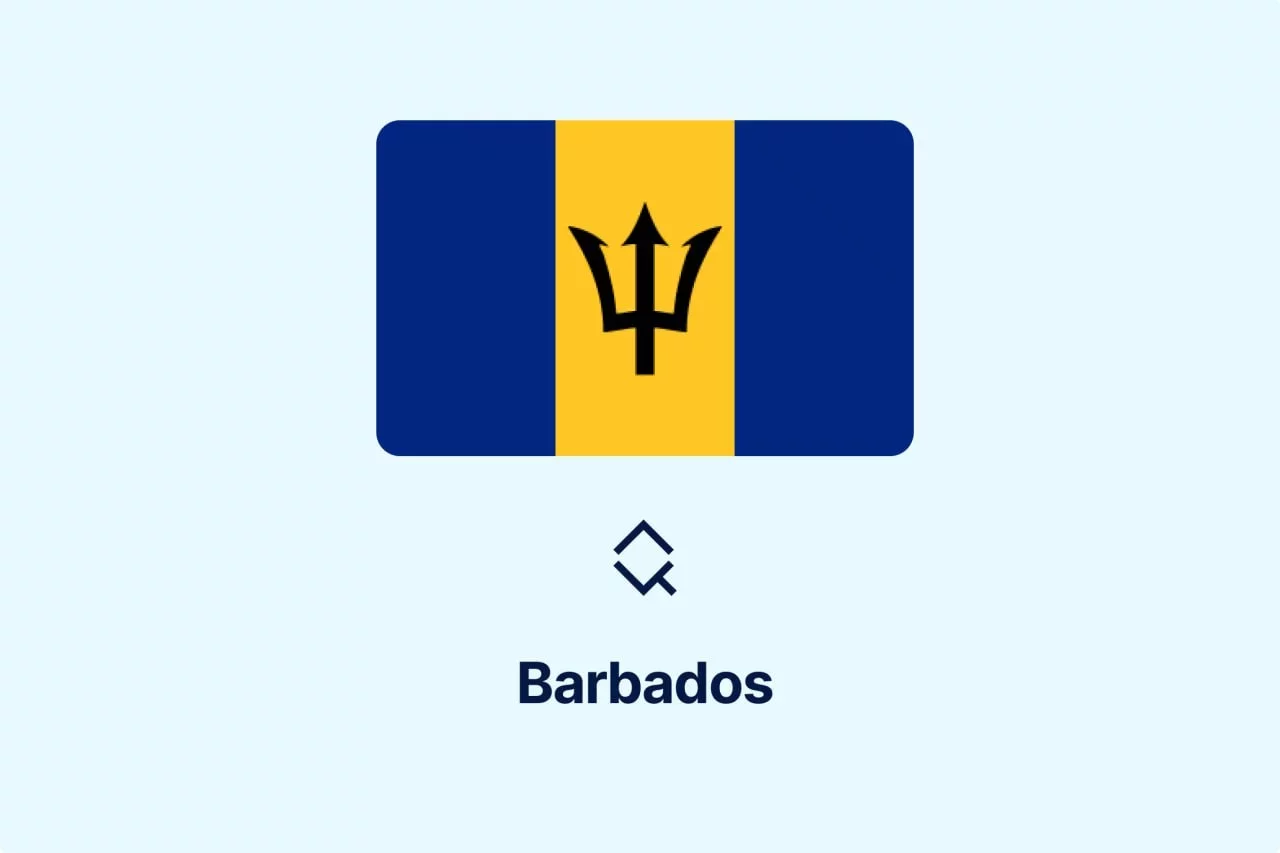

-nilkffjhah.webp)
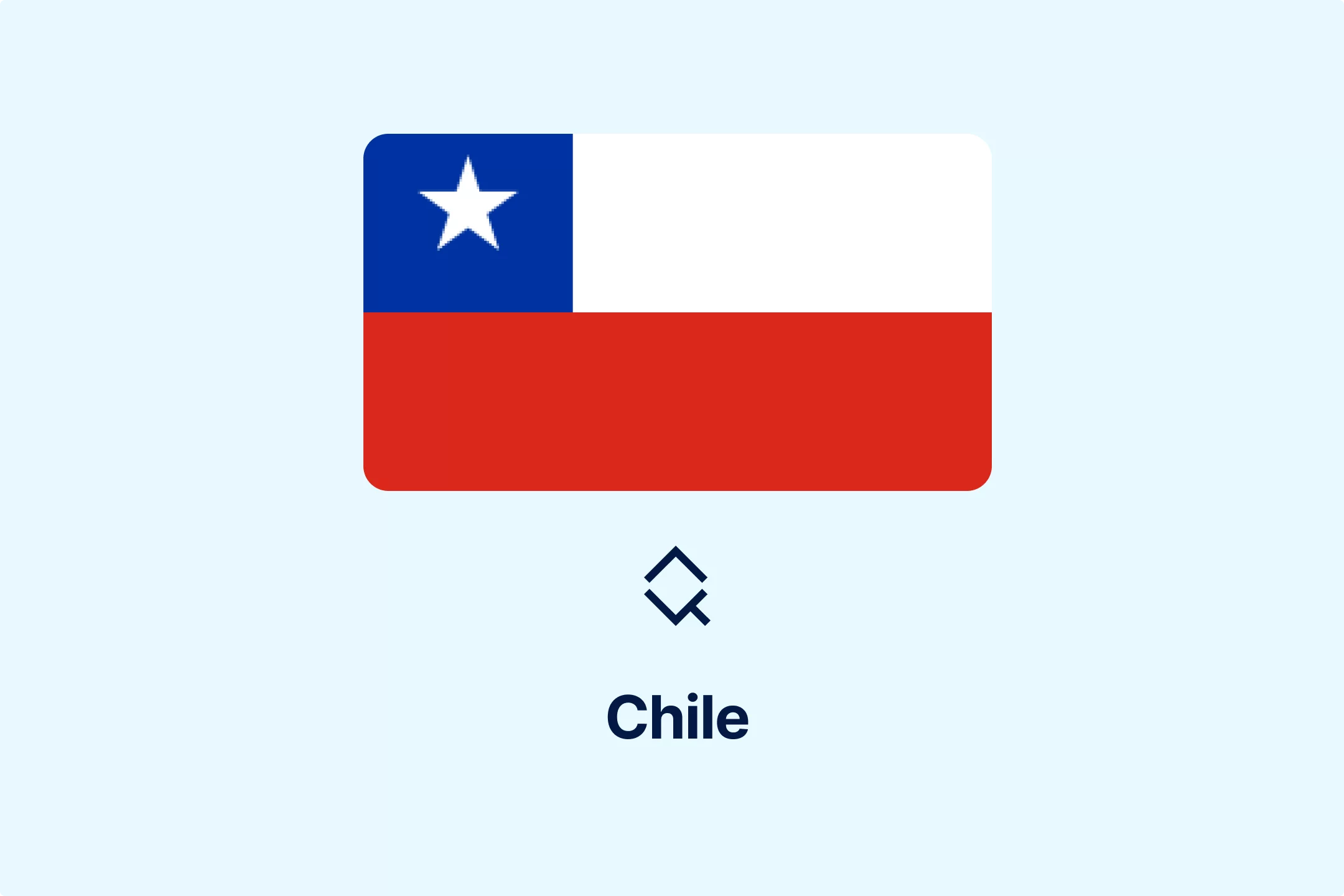











-xbhr0m4jsb.webp)


-ae6fi6cjox.webp)
















-b0fpsws1w1.webp)






















-x78wuofpzj.webp)



















-b44f1vjl1i.webp)



-priw8nq5xc.webp)
-8bkw2pujxu.webp)


.png)
.png)




.png)













































